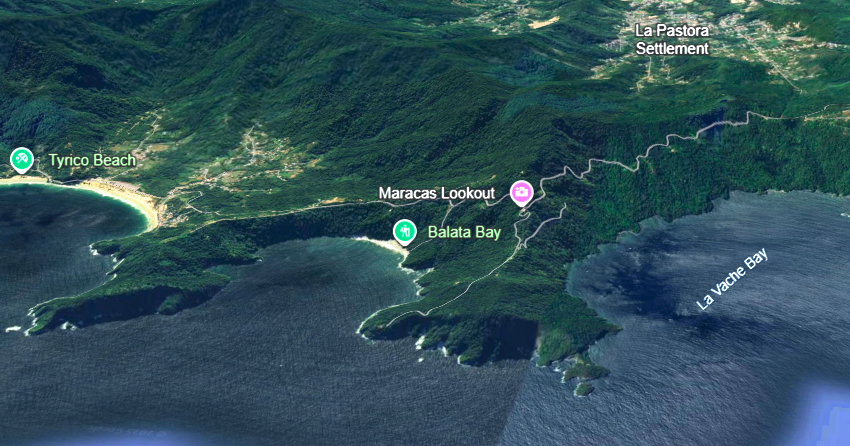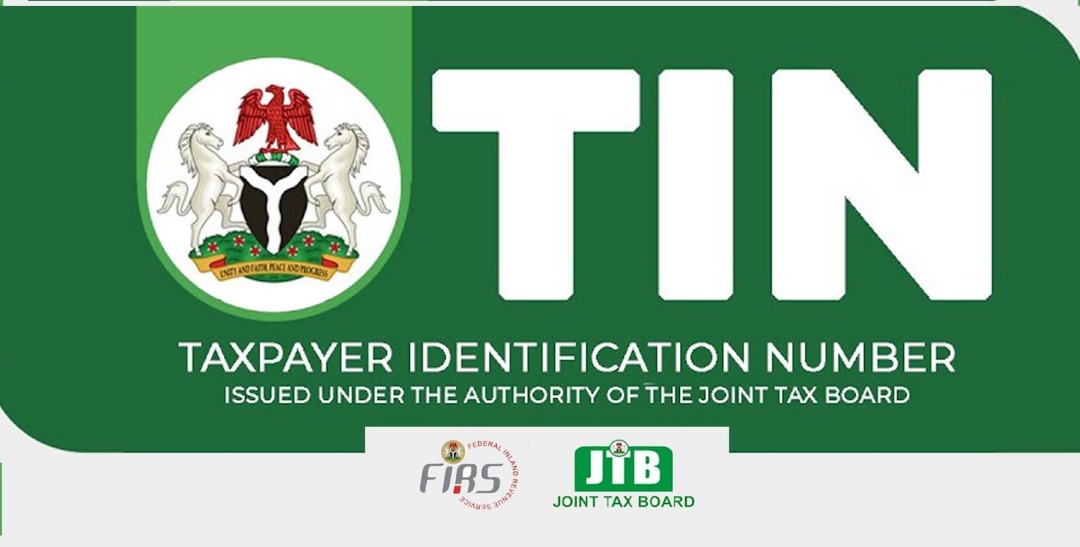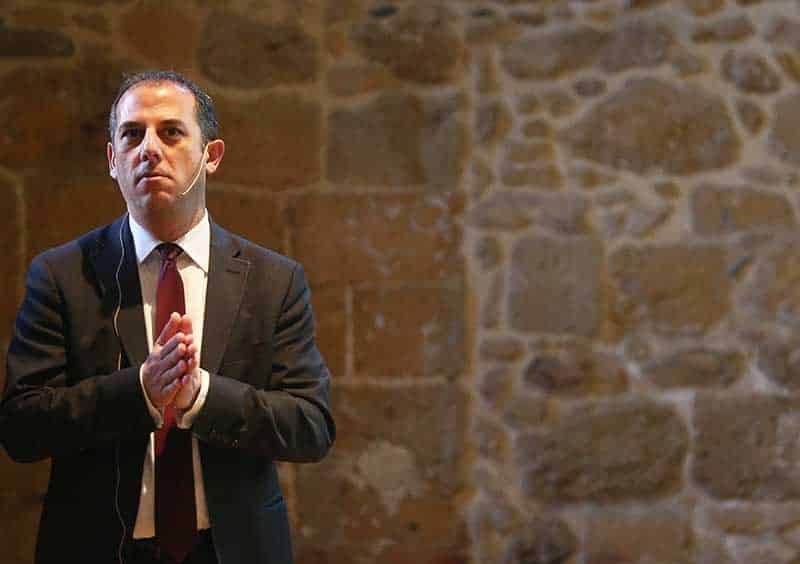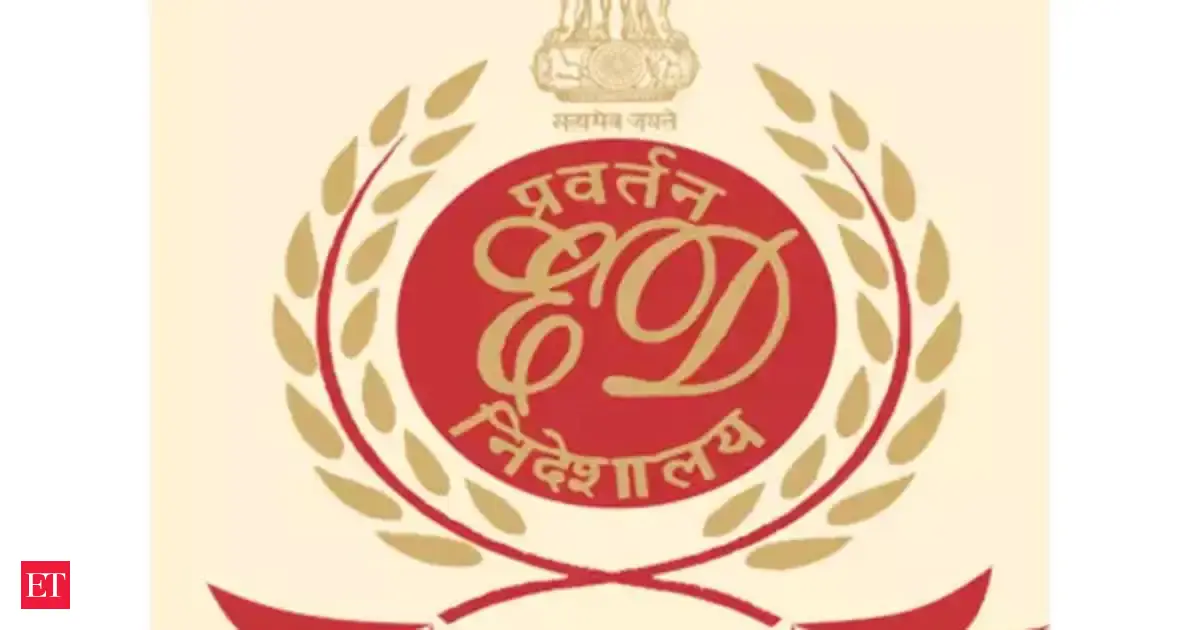By Agnes Isoje
Copyright pulse
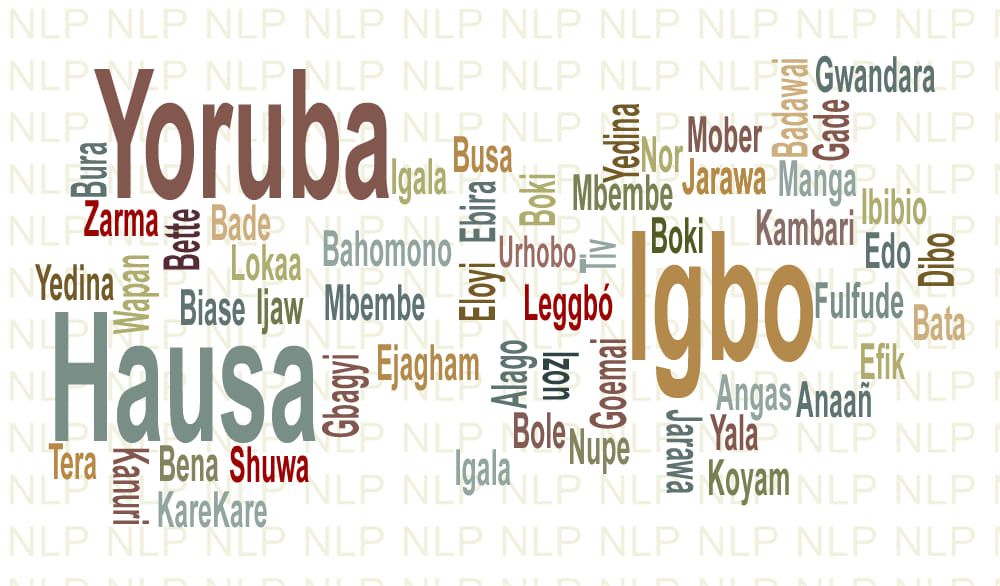
Nigeria is one of the most linguistically diverse countries in the world, with over 500 languages spoken across its regions.
Despite Nigeria’s multilingual nature, English is the official language. It is used in governance, education, media, and business. Children learn in their local languages during the early years of school, but English becomes the main medium of instruction afterwards. As of 2019, 72% of young women and 78% of young men were literate in English.
While English remains the official language and the medium of education, the heartbeat of Nigeria lies in its indigenous tongues. According to a 2022 survey by Statista, the primary languages spoken in Nigeria are Hausa, Yoruba, and English.
ALSO READ: 7 minority tribes in Benue State you probably didn’t know exist
Around 32% of respondents declared Hausa as their household language, 17% Yoruba, and 13% Igbo. English followed at 7%, while other languages like Ibibio, Fulani, Tiv, Nupe, Pidgin English, and Ijaw also appeared among household tongues.
According to Ethnologue, around 512 languages are spoken in Nigeria. However, there is ongoing debate about whether some varieties should be classified as dialects or full languages. Linguists explain that if two speech forms are mutually understandable, they are dialects of the same language.
If comprehension is difficult or impossible, they are classified as distinct languages. This explains why the total number of Nigerian languages sometimes differs in reports.
YOU MIGHT LIKE: 10 most educated tribes in Nigeria – See who tops the list
The Most Spoken Languages in Nigeria
Based on the image data and surveys, here’s the percentage of people who mainly speak these languages at home:
Hausa – 31.5%Yoruba – 17.2%Other Nigerian languages – 13%Igbo – 12.9%English – 7.2%Ibibio – 1.8%Efik – 1.6%Pidgin English – 1.6%Urhobo – 1.5%Fulani – 1.4%Igala – 1.2%Bura – 1.1%Nupe – 1%Ijaw – 1%
Hausa dominates as the most widely spoken home language, particularly in Northern Nigeria. Yoruba follows strongly, common in the South-West. Igbo, while significant, ranks below Yoruba. English reflects urbanisation and its role as Nigeria’s lingua franca, and other languages show just how many smaller ethnic languages are still preserved in Nigerian households.
RELATED: Top 5 Nigerian tribes with the cheapest bride price
Comprehensive List of Nigerian Languages
Here’s a broad list of Nigerian languages. This is not exhaustive but includes many of the most recognised:
AbanyomAbonAbuaAcipa (Eastern)Acipa (Western)AdugeAfadeAgatuAgoiAgwagwuneAhanAjawaAkeAkitaAkpaAkpesAkumAlagoAlegeAlumu-TesuAmboAmoAnaangAncaAngasArabic (Shuwa)ArigidiAsheAsuAtenAtsamAuyokawaAwakAyereAyuBaanBaatonunBaangiBacamaBadaBadeBakpinkaBaliBangwinjiBasaBasa-GumnaBasa-GurmanaBasa-KontagoraBataBatuBauchiBeeleBegbere-EjarBekwarraBenaBeromBeteBete-BendiBileBinaBiseniBitareBogaBoghomBokoBokobaruBokyiBoleBo-RukulBukwenBumajiBurakBura-PabirBureBuruBusaCaraCheCibakCinda-Regi-TiyalCiwogaiCoriDabaDadiyaDassDefakaDegemaDendiDenoDeraDghwedeDiboDijim-BwilimDiriDokaDoko-UyangaDongDulbuDunguDuwaiDzodinka EbiraEbughuEdoEfaiEfikEfutopEggonEhueunEjaghamEkajukEkiEkitEkpeyeElemeEloyiEmai-Iuleha-OraEngenniEnwangEpieEruwaEsanEtebiEtkywanEtsako-YekheeEtuloEvantFaliFamFiranFulfuldeFumFungwaFyemFyerGaaGa’andaGadeGalambuGamo-NingiGanaGbagyiGbariGbaya (Northwest)Gbiri-NiraguGejiGengleGeraGerumaGevokoGhotuoGiiwoGlavdaGoemaiGokanaGudeGuduGudufGun-GbeGupa-AbawaGurmanaGuruntum-MbaaruGwaGwamhi-WuriGwandaraGyemHamHashaHausaHolmaHoneHoromHubaHungworoHun-SaareHwana IbaniIbibioIbinoIbiloIbuoroIceve-MaciIdereIdomaIdonIdunIgalaIgboIgedeIgutaIjo (Southeast)IkaIkoIkpeshiIku-Gora-AnkwaIkuluIkwereIlueIrigweIsekiriIsokoItoItu Mbon UzoIvbie North-Okpela-ArheIyayuIyiveIzereIzi-Ezaa-Ikwo-MgboIzonIzoraJanjiJaraJarawaJereJibeJibuJidda-AbuJilbeJimiJiruJjuJortoJuJukun (Takum)KaanKadaraKag-Fer-Jiir-Koor-Ror-Us-ZuksunKagomaKaiviKakandaKalabariKamKamantanKamiKamoKamweKaningkon-NindemKanufiKanuri (Central, Manga)KapyaKarekareKarfaKariyaKhanaKholokKinukuKiongKir-BalarKirikeKoenoemKofaKofyarKohumonoKomaKonaKonoKoro IjaKoro ZubaKoropKpanKpashamKpatiKubiKudu-CamoKugamaKugboKukeleKulereKulungKumbaKupaKuramaKushiKutepKuttoKuturmiKwaKwakKwaamiKyakKyengaLabirLakaLala-RobaLamangLamja-Dengsa-TolaLamnsoLaruLeelauLegboLelaLemoroLimbumLokaaLongudaLooLopaLubilaLufuLuri MaakaMadaMafaMaghdiMakMalaMalgwa-WandalaMamaMambila (Nigeria)MangasMarghi (Central, South)MashiMawaMbeMbembe (Cross River, Tigon)MboiMbongnoMbula-BwazzaMburkuMijiliMingang DosoMiniMishipMiyaMom JangoMontolMooMpadeMumuyeMundatMvanipMwaghavulNandu-TariNde-Nsele-NtaNdoeNdolaNdundaNgamoNggwahyiNgizimNgwabaNingyeNinzamNkariNkem-NkumNkorooNkukoliNnamNumana-Nunku-Gwantu-NumbuNunguNupeNupe TakoNyamNyongNzanyiObanlikuOboloObulomOdualOdutOgbahOgbiaOgbogoloOgbronuagumOkoboOko-Eni-OsayenOkpamheriOkpeOkpe-Idesa-AkukuOlomaOlulumo-IkomOringOronOrumaOsosoOtank Pa’aPePeroPidgin (Nigerian)PitiPiya-KwonciPolciPonguPutaiPyapunResheRonRumaSamba DakaSamba LekoSangaSasaru-Enwan-IgweSayaShaShall-ZwallShamangShama-SambugaShangaShauSheniShikiShoo-Minda-NyeShuwa-ZamaniSiriSomyevSorkoSukurSurSurubuTalTalaTambasTangaleTarokTedagaTemeTeraTeshenawaThaTitaTivToroTsoTulaTumiTyapUbagharaUbangUdaUhamiUjijiliUkaanUkpe-BayobiriUkpet-EhomUkueUkwaUkwuani-Aboh-NdoniUlukwumiUmonUnemeUrhoboUsaghadeUvbieUzekweVaghat-Ya-Bijim-LegeriVemgo-MabasVitiVonoVuteWajaWakaWannuWapanWaphanWarjiWaseWomXediYaceYalaYambaYangkamYendangYeskwaYiwomYorubaYukubenZangwalZariZarmaZeemZhireZiriyaZizilivekenZumbun.
EXPLORE: Ethnic groups in Nigeria: Complete breakdown of 300+ tribes
